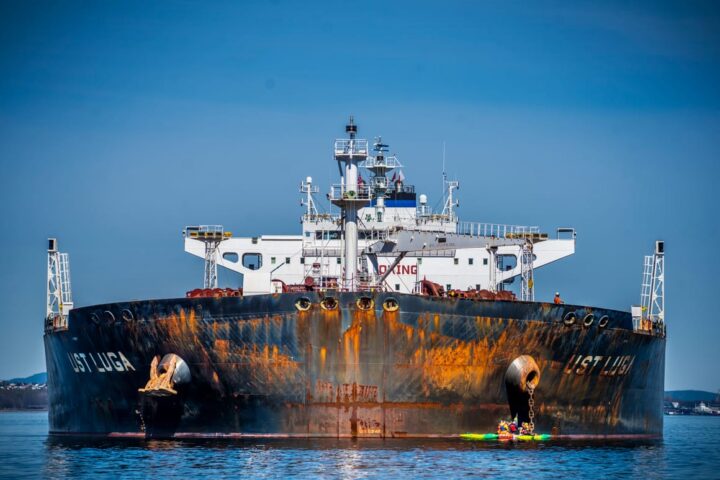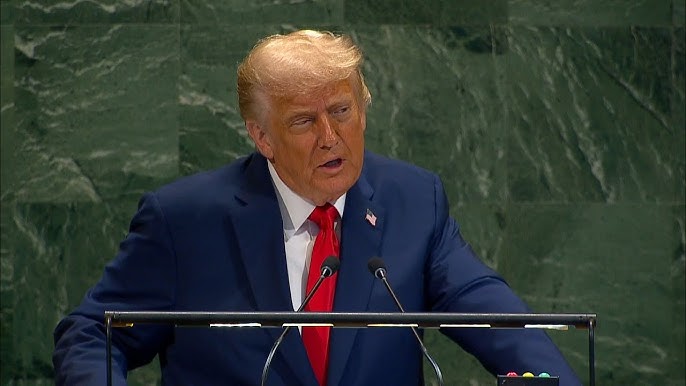A major oil contamination has been detected in the Kola Bay in Russia’s Murmansk region, with visible traces of the spill on the shoreline. Murmansk mayor Ivan Lebedev reluctantly acknowledged the incident, though state media outlets have remained silent. Local authorities have yet to provide details on the scale of the accident, leaving concerns over its environmental and health impact unaddressed. Evidence of pollution is visible even without special equipment, highlighting the severity of the situation.
Shadow tanker fleet suspected of involvement
Environmental activists point to Russia’s “shadow” tanker operations as a possible cause of the spill. Over the past several months, more than 30 such vessels have entered Murmansk. These ships are typically old, poorly maintained, uninsured, and used to circumvent sanctions by transporting Russian oil illegally. Their operations, carried out in secrecy, have become a growing hazard for both the environment and public safety. The lack of proper oversight has made the Arctic coastline increasingly vulnerable to accidents.
Pattern of systemic oil accidents
This incident in the Arctic follows another large oil spill recorded in the Black Sea only days earlier. The recurrence of such accidents underlines a systemic problem linked to sanctions and Russia’s loss of access to modern maritime technologies. As Moscow pushes ahead with clandestine export schemes to sustain energy revenues, its aging fleet and infrastructure pose mounting risks. Beyond ecological damage, experts warn that the health of Russian citizens is also endangered by the government’s prioritization of profit over safety.













